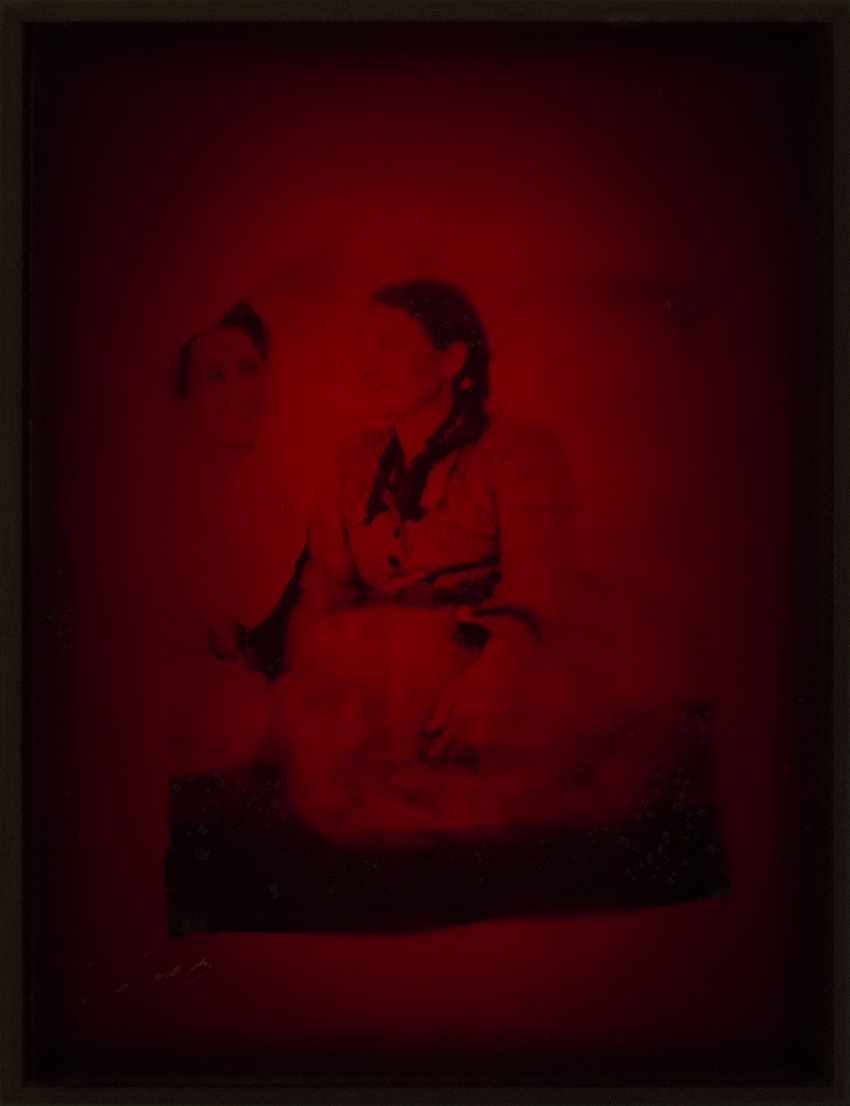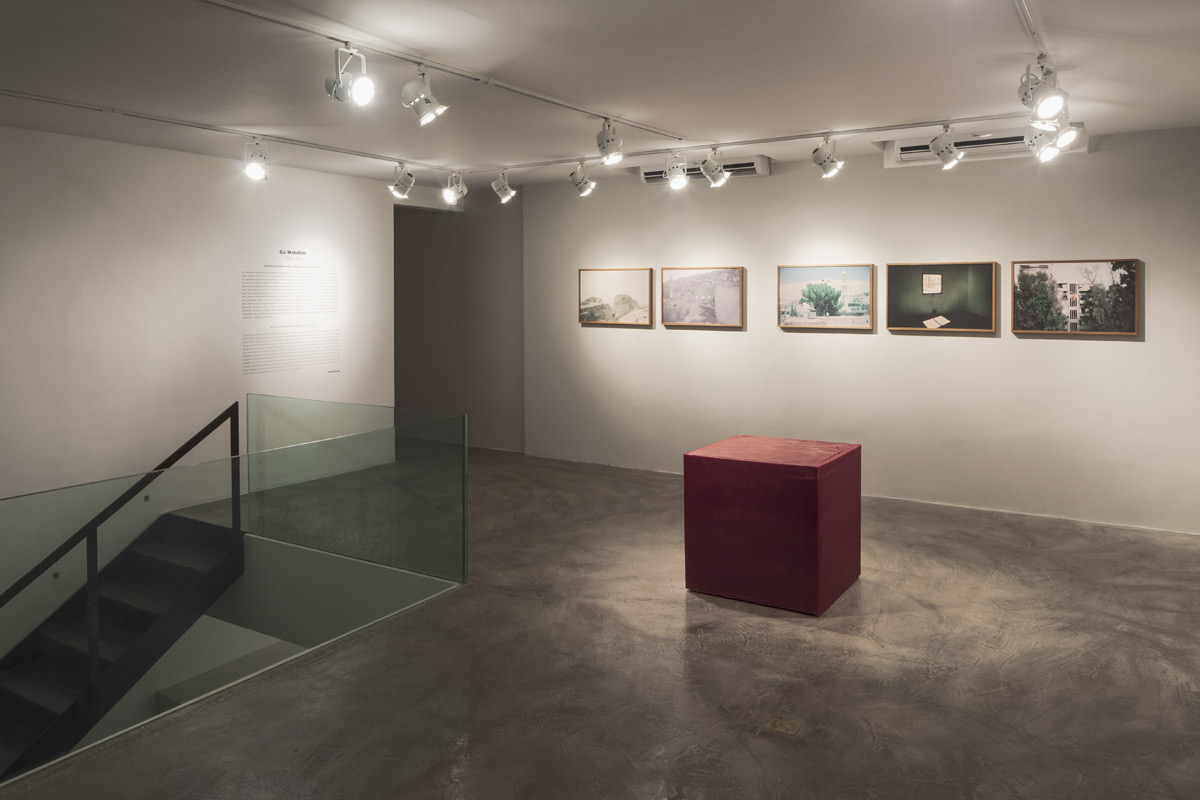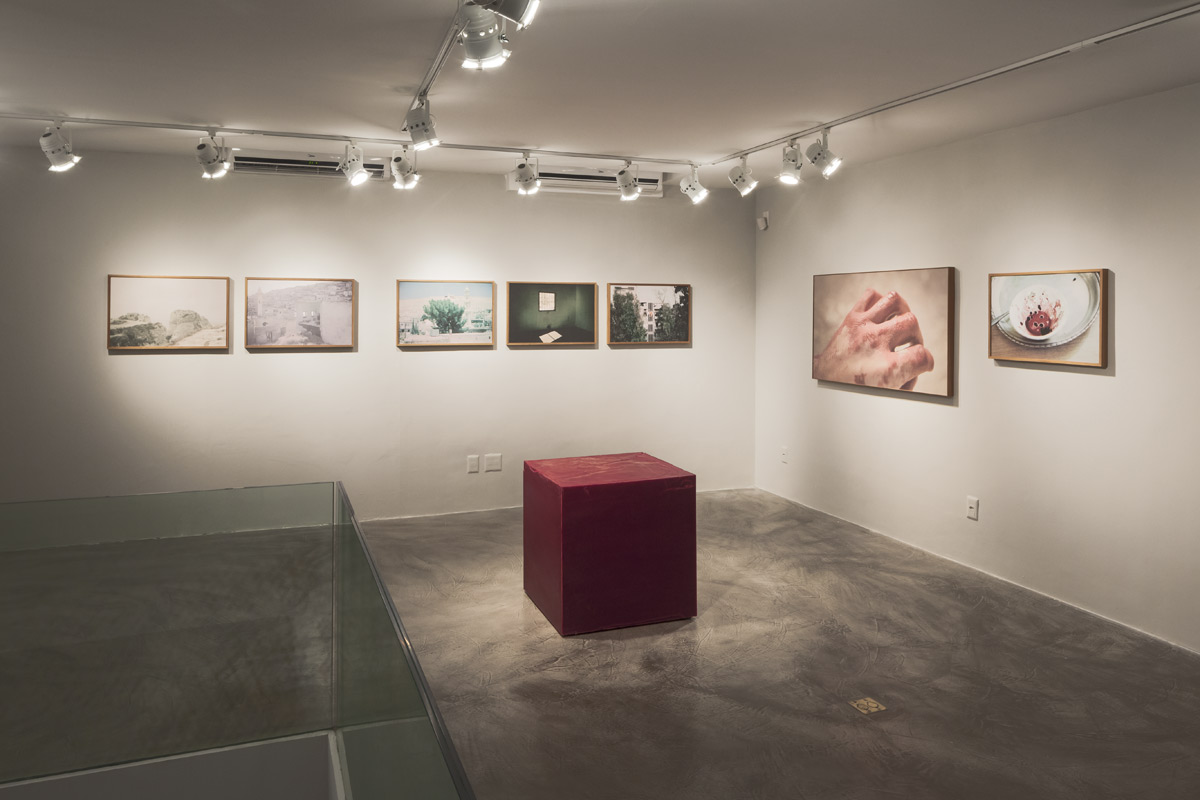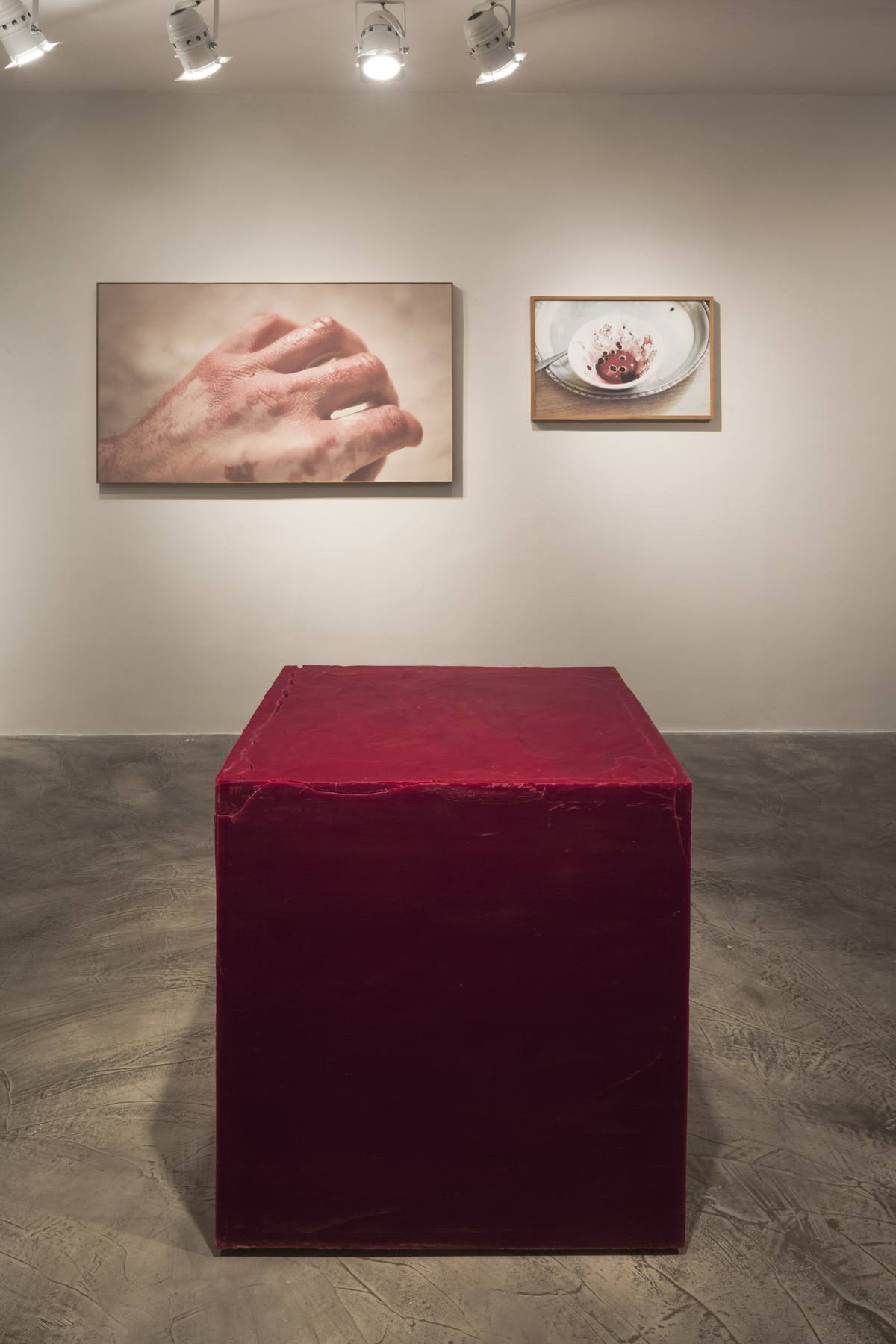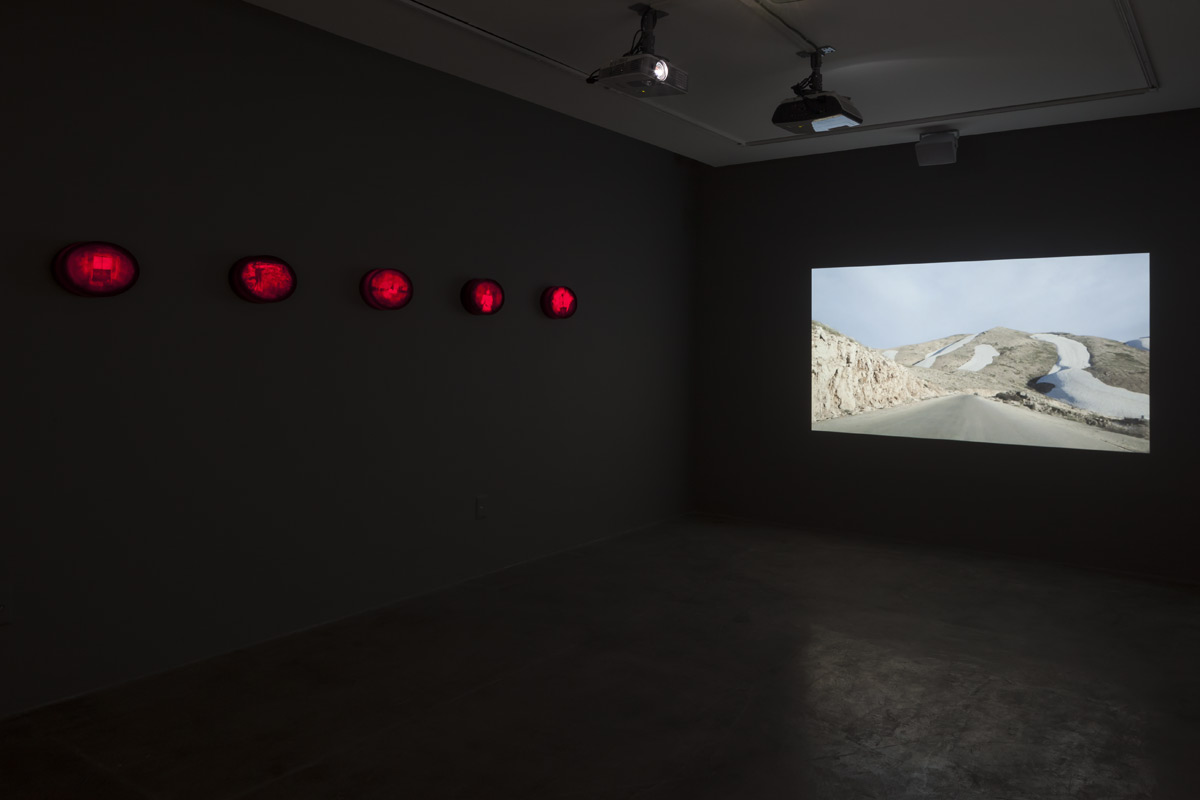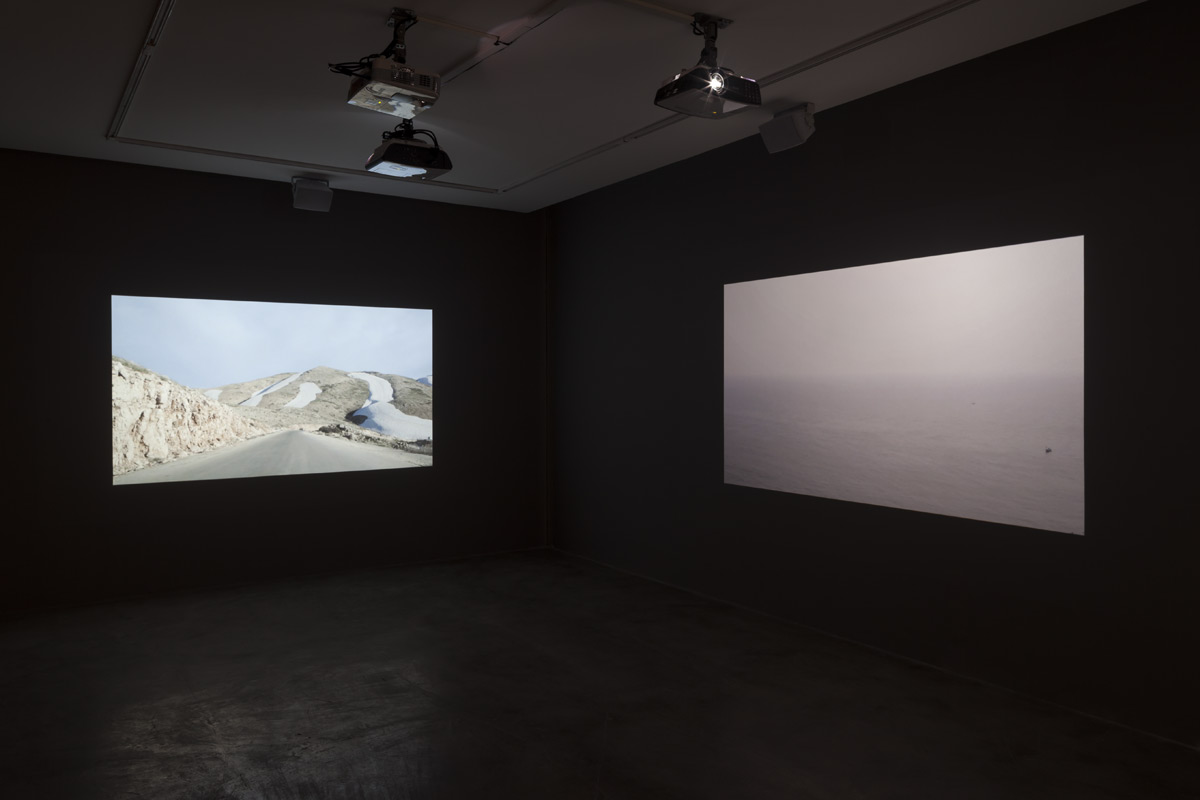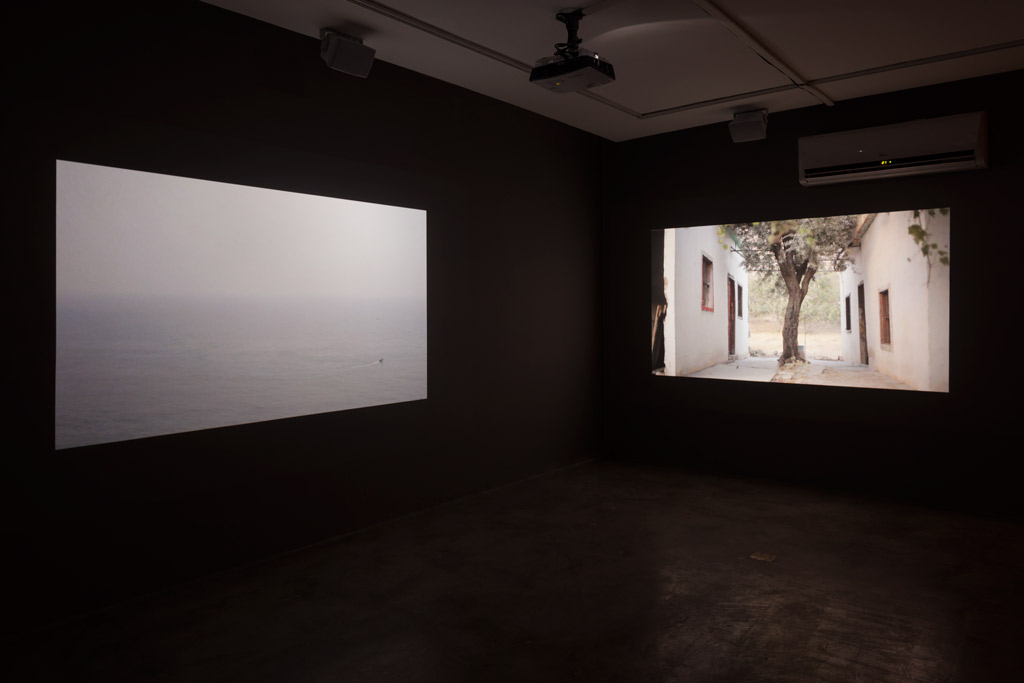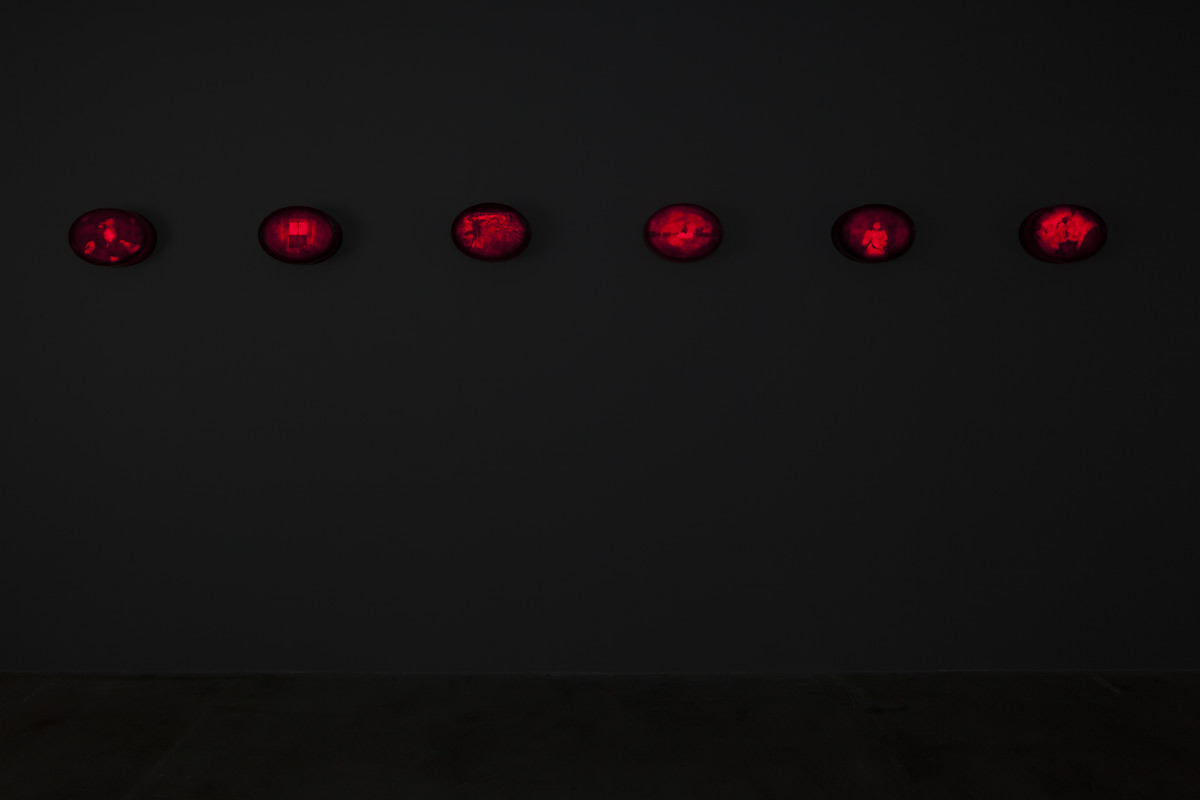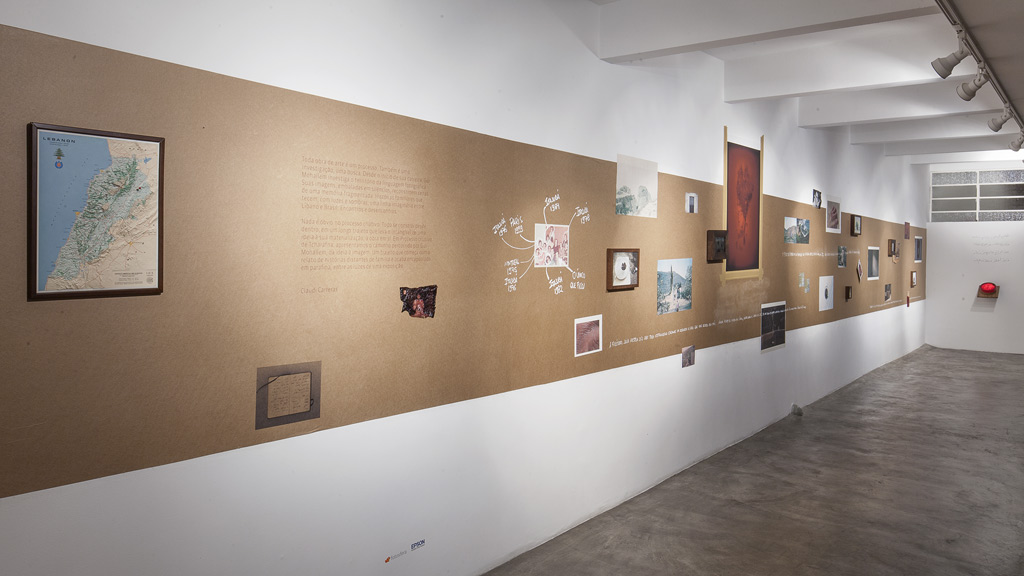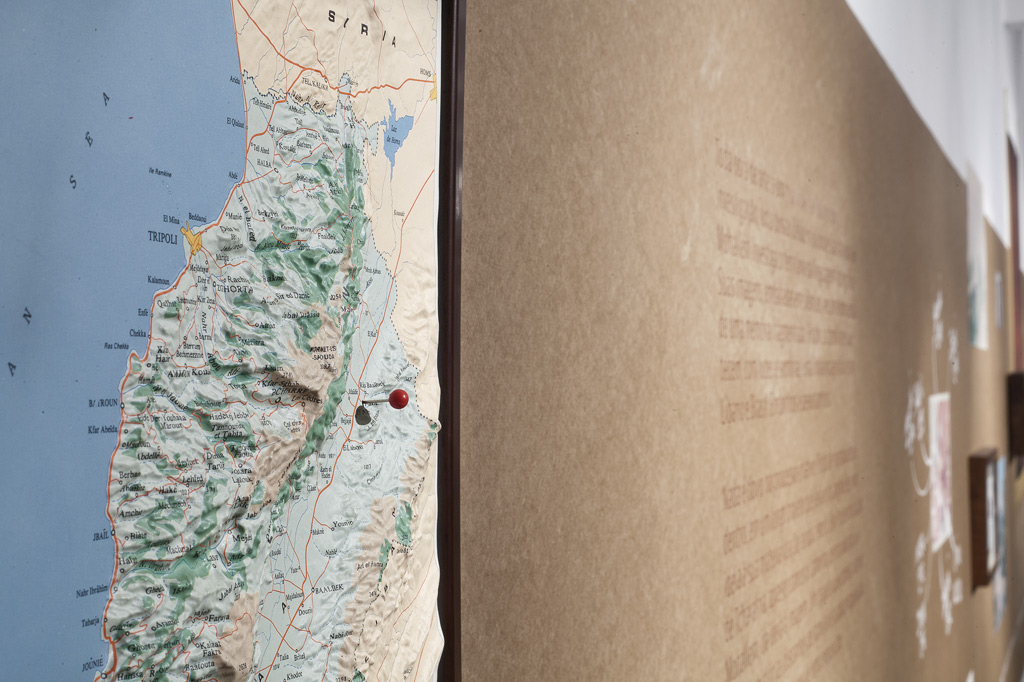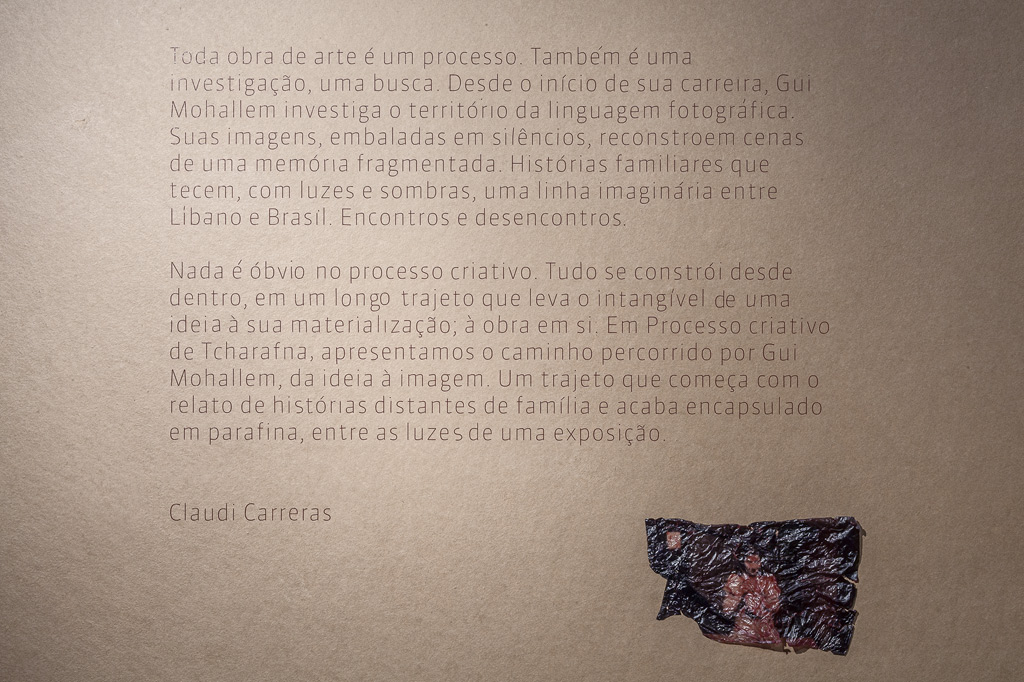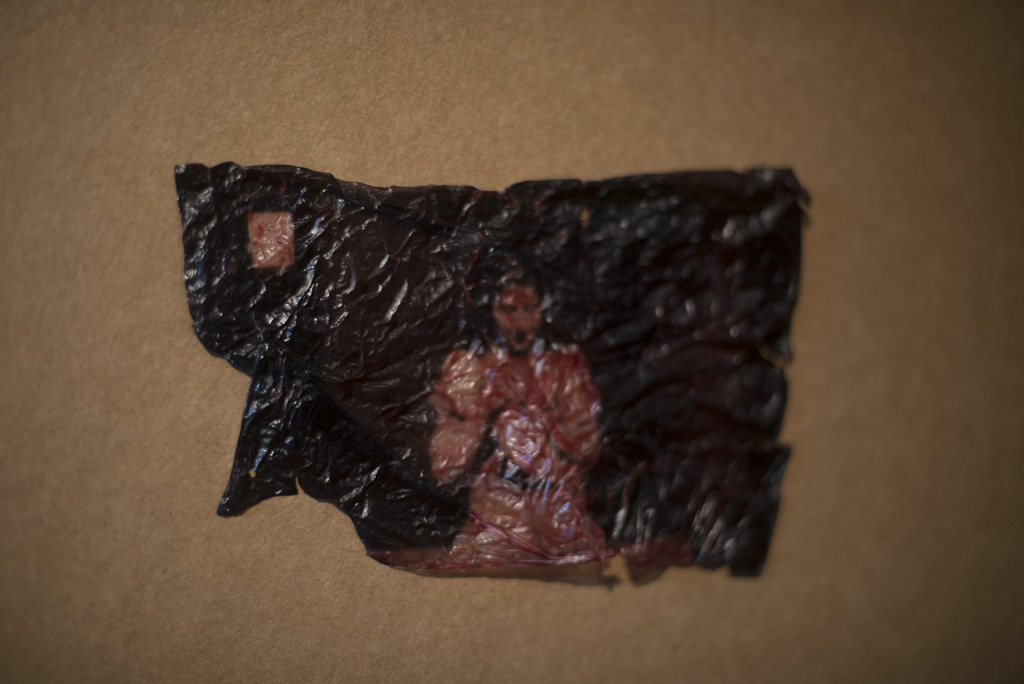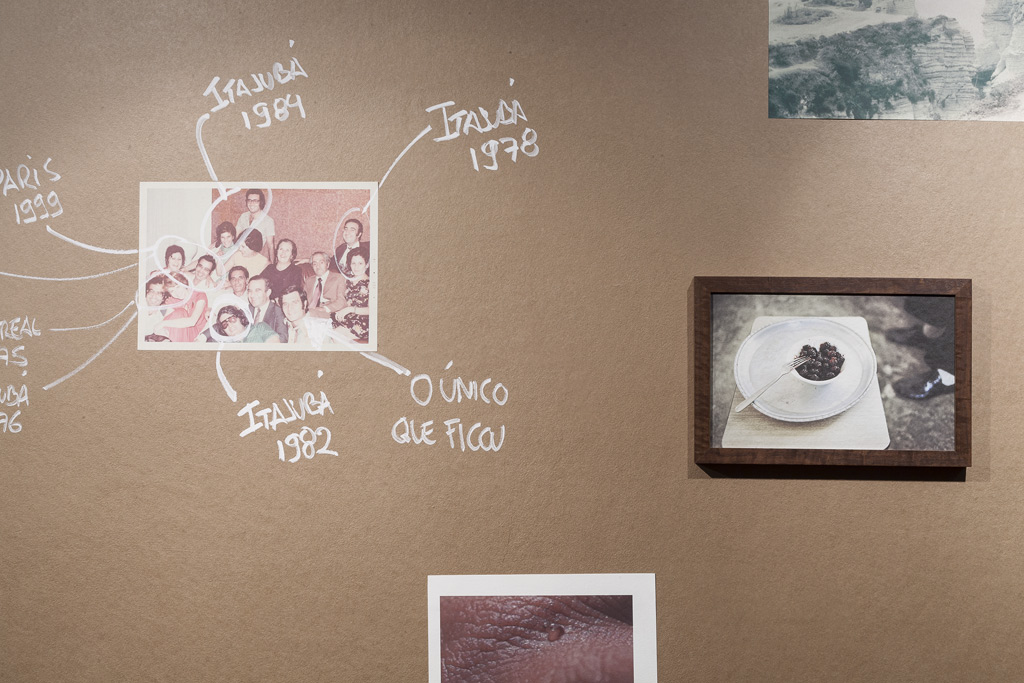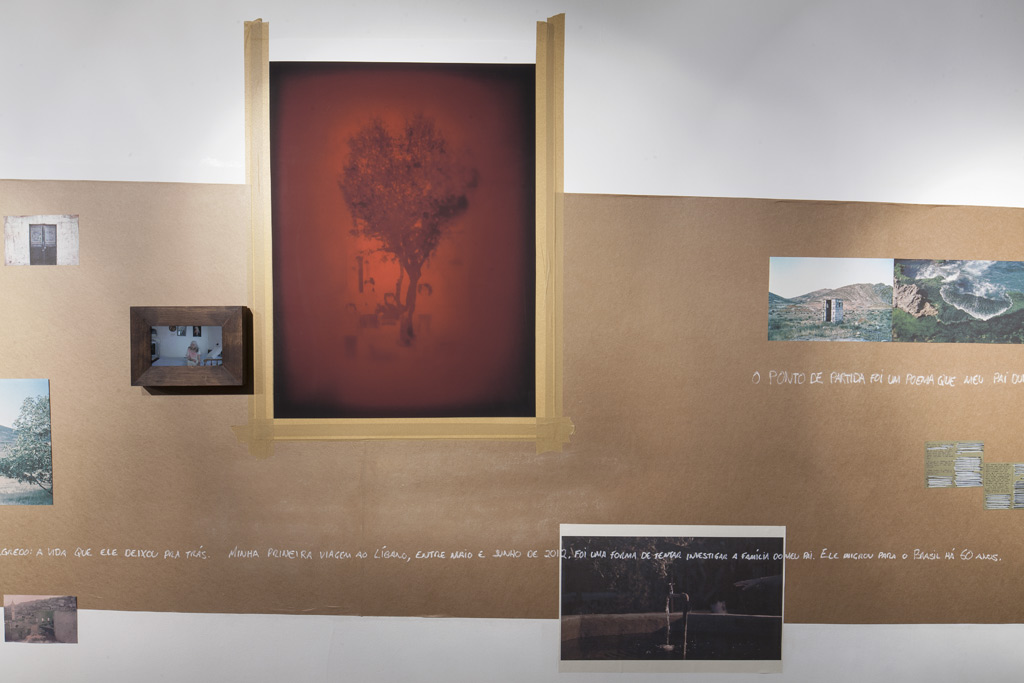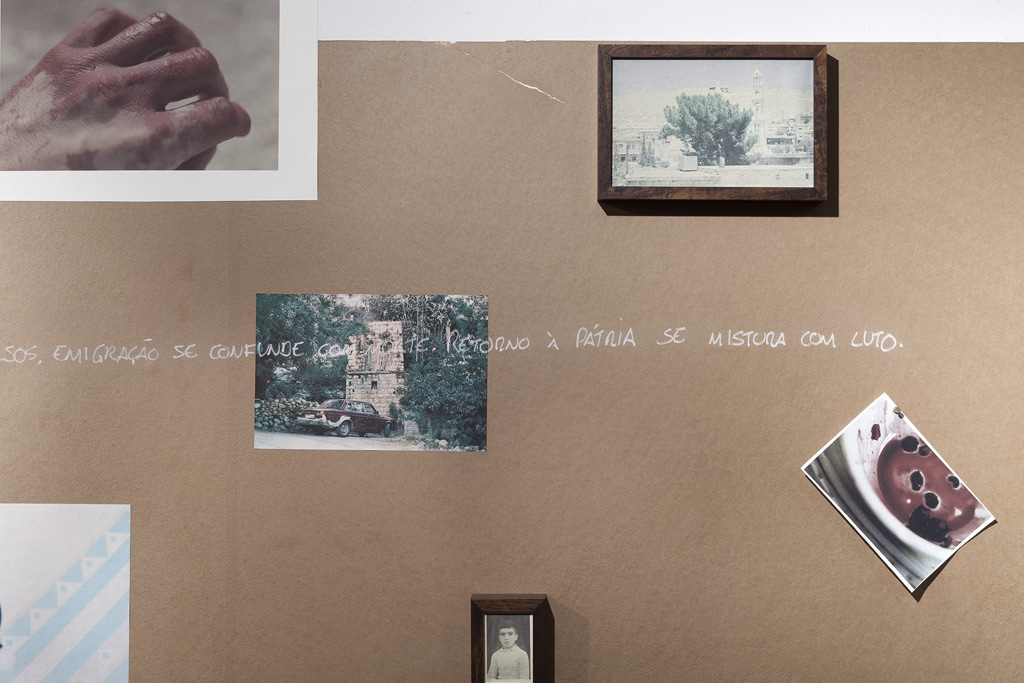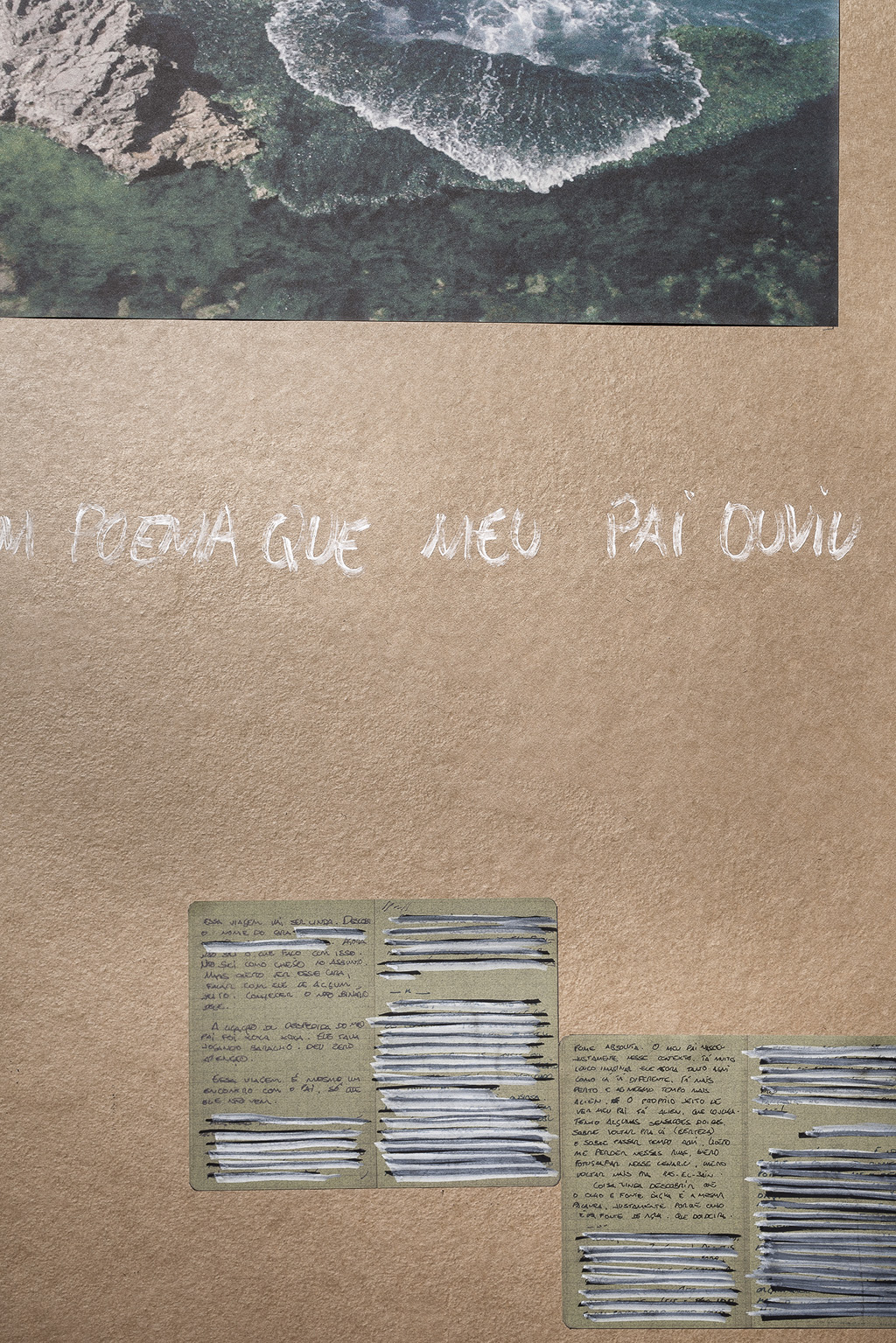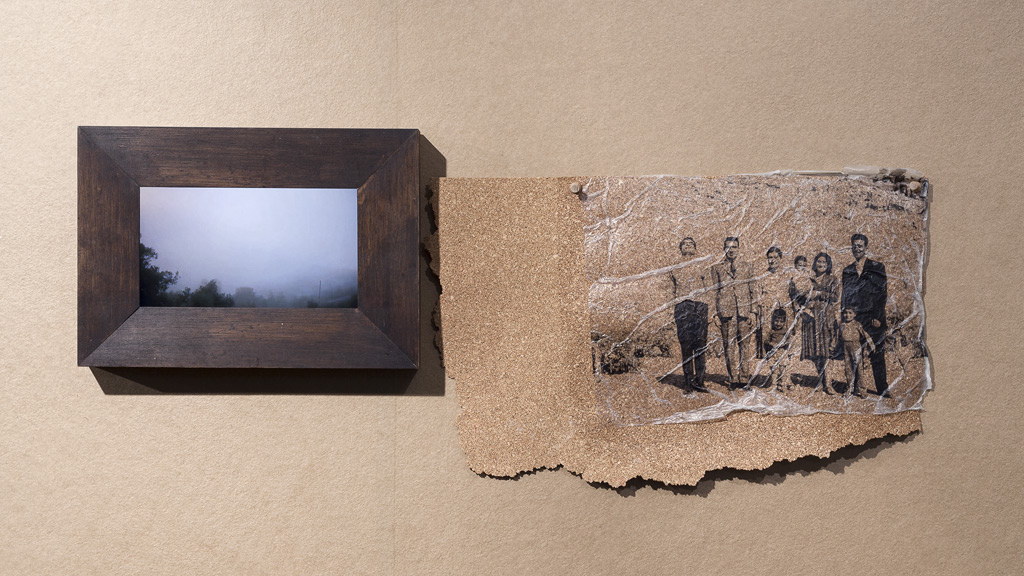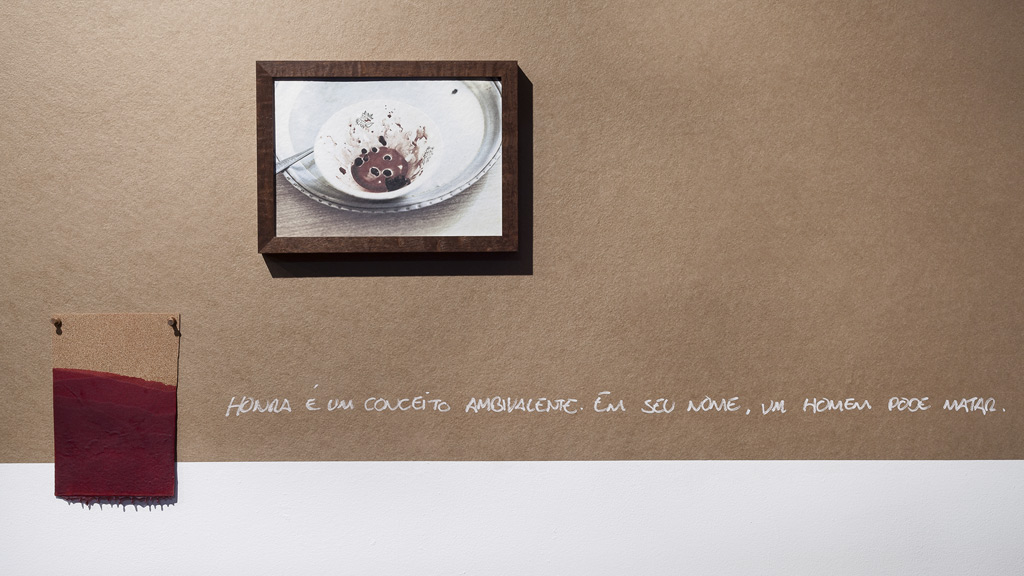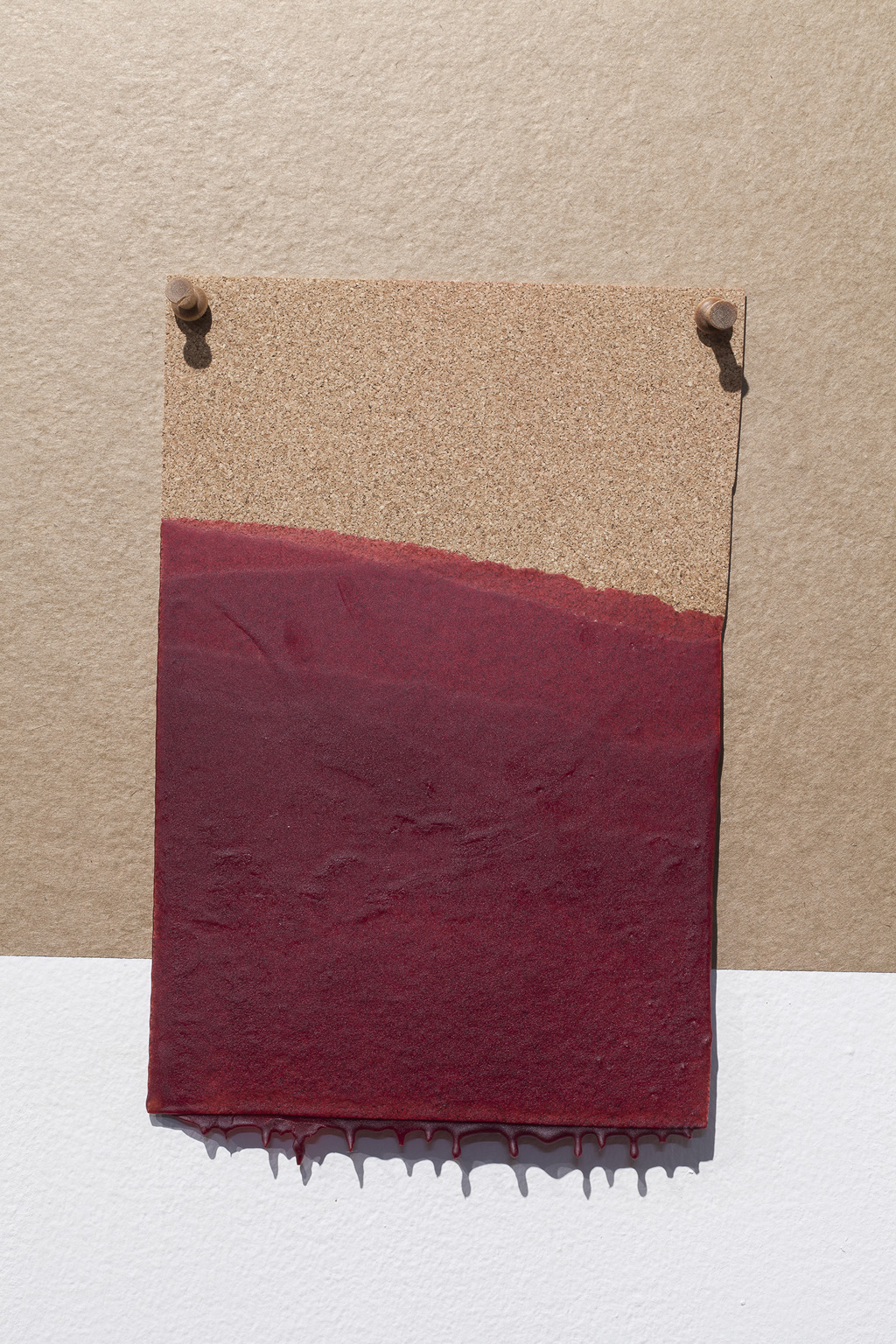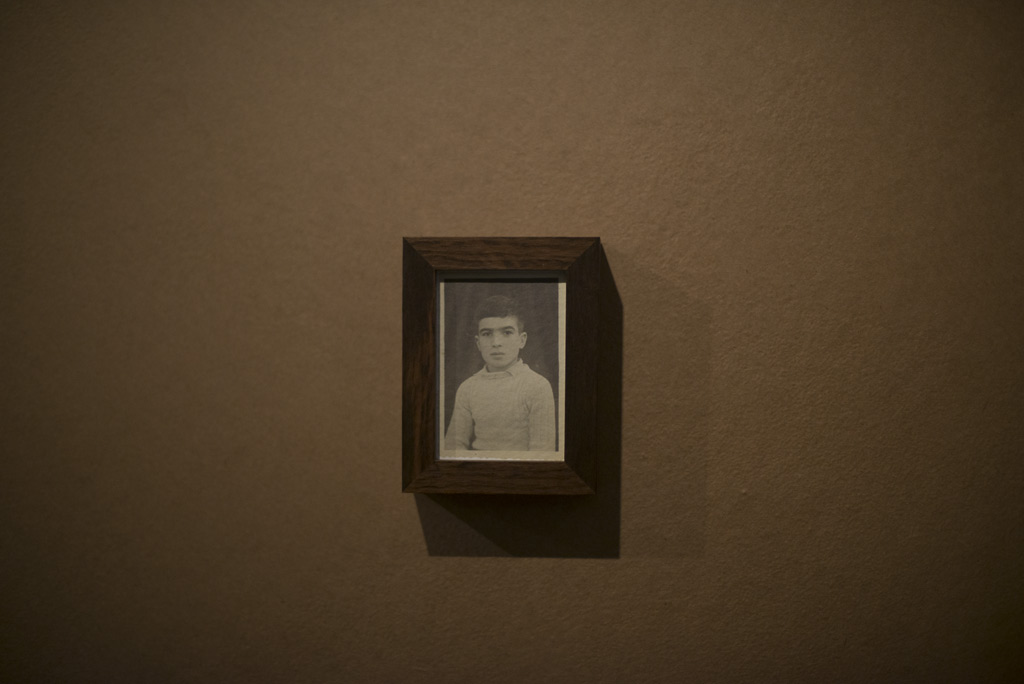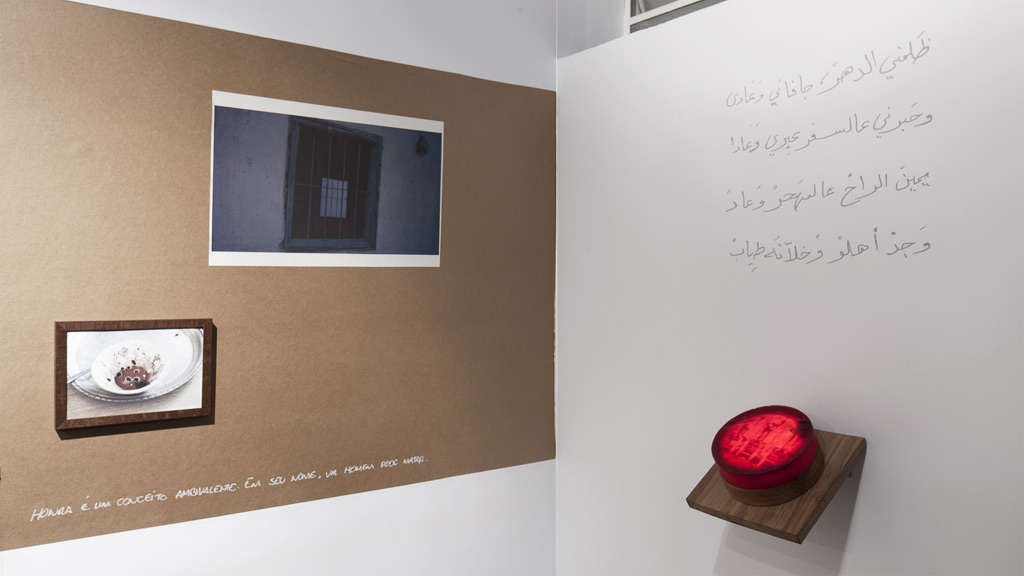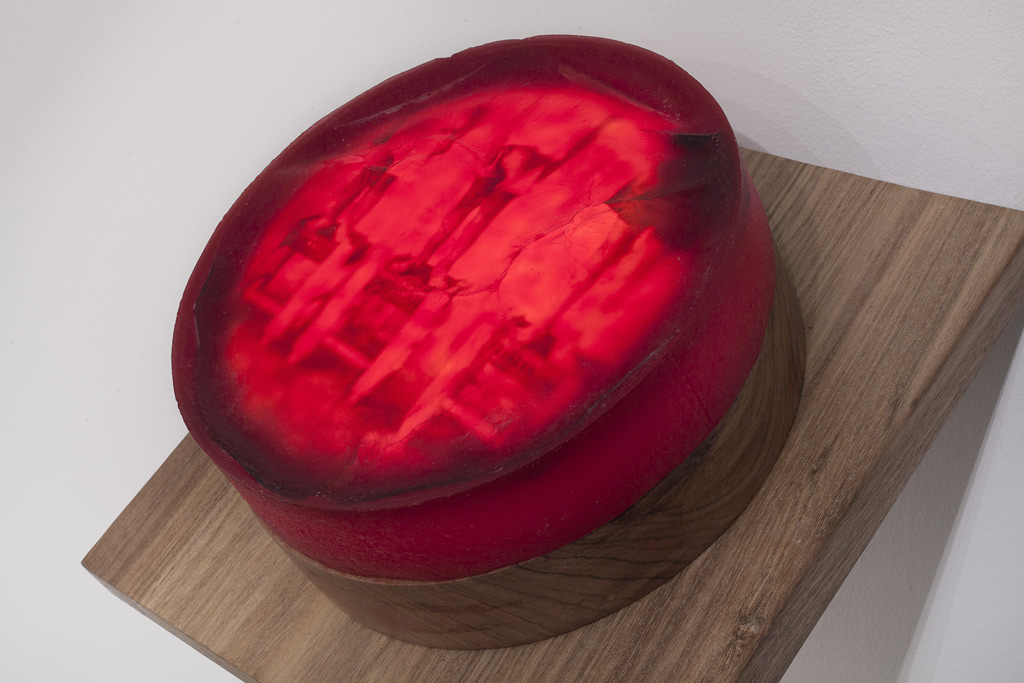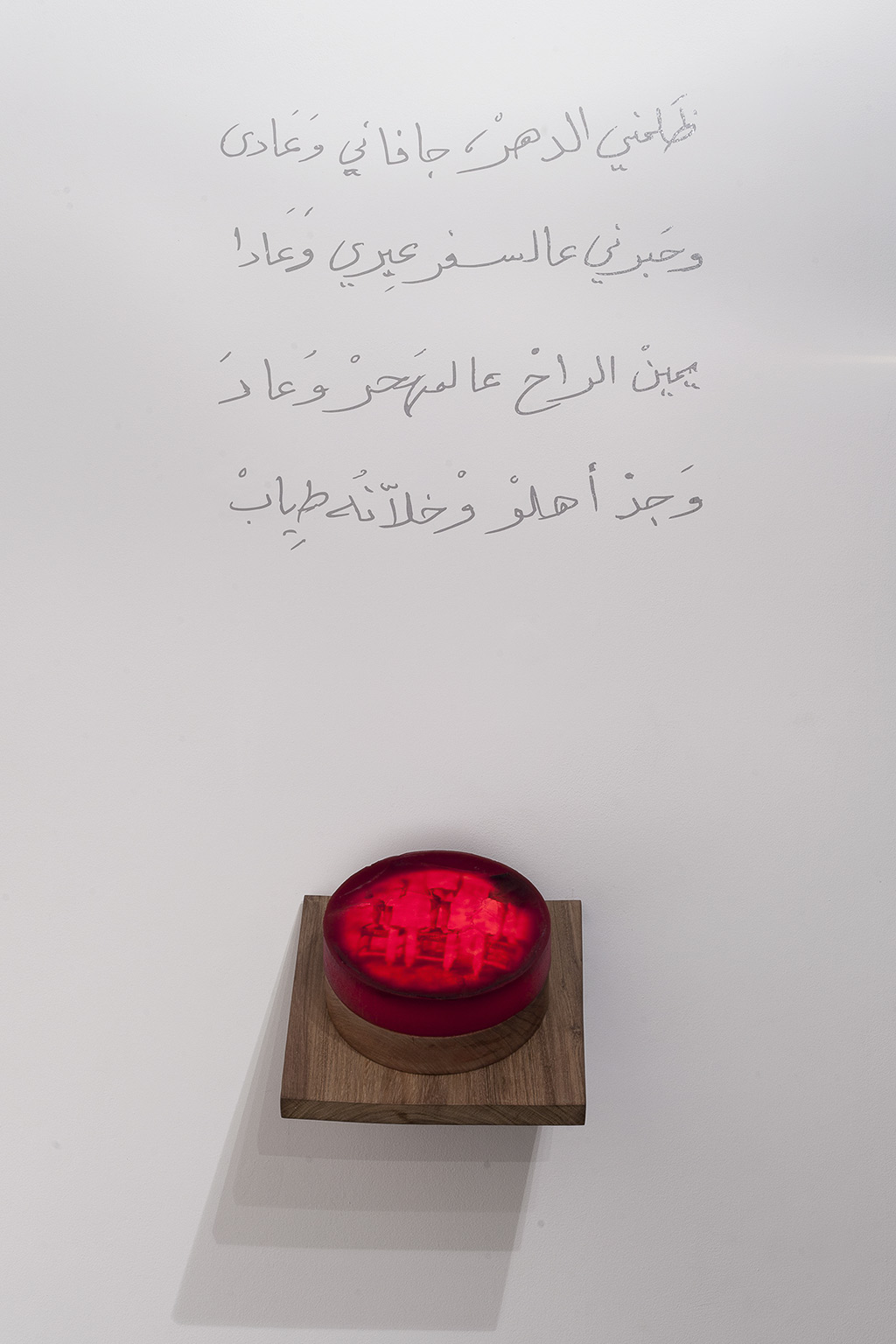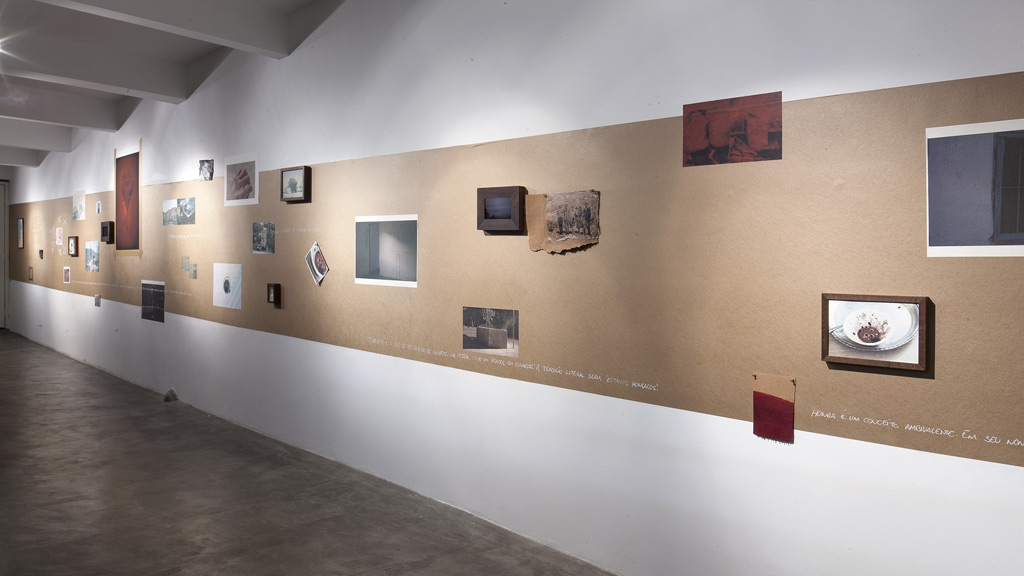A filósofa Julia Kristeva diz que todo estrangeiro esconde um segredo: a vida que ele deixou para trás.
Minha primeira viagem ao Líbano, entre maio e junho de 2012, foi uma forma de tentar investigar a família do meu pai.
Ele imigrou para o Brasil há 60 anos.
O ponto de partida foi um poema que meu pai ouviu antes de sair do Líbano, em 1952. Repetiu três vezes para mim.
Nos versos, a emigração se confunde com morte.O retorno à pátria se mistura com luto.
Tcharafna é o que se diz quando se conhece uma pessoa, como um “prazer em conhecê-lo”.
A tradução literal seria “estamos honrados”.
Honra é um conceito ambivalente. Em seu nome, um homem pode matar.
Philosopher Julia Kristeva says that every foreigner holds a secret: the life they left behind.
My first trip to Lebanon, between May and June 2012, was an attempt to investigate my father’s family.
He immigrated to Brazil 60 years ago.
The starting point was a poem, heard by my father in 1952, before he left his country. He repeated it to me on three occasions.
In its verses, immigration merges with death. The return to the homeland blends with mourning.
Tcharafna is what you say when you meet someone, like “nice to meet you”. The literal translation would be “ We are honoured”.
Honour is an ambivalent con cept. In its name, a man can commit murder.
Exhibition at Luciana Caravello Gallery | Rio de Janeiro, July 2014 | Exhibition images courtesy of Alecrim Fotografia
Exhibition at Madalena CEI, São Paulo, October 2014
















